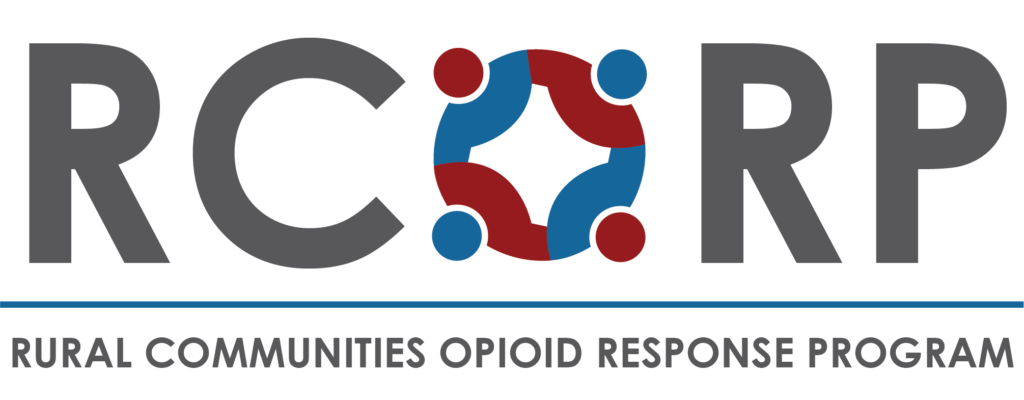Pregnancy, Parenting, And Substance Use: Stigma, Fear and a Call for Improved Messaging to our Families
This presentation covers unique barriers that people with opioid use disorder face when pregnant and parenting.
Practitioner and Stakeholder Perspectives on Opioid Use and Treatment Across Rural Northern New England
This presentation explores data from UVM CORA’s Baseline Needs Assessments in Vermont, New Hampshire, and Maine, sharing insights gathered from practitioners and stakeholders about their concerns about opioid use and their perceived barriers to and beliefs about opioid use disorder treatment.
Growing a Competent Workforce in a Rural State: The University of Kentucky Bell Addiction Medicine Scholar Program
This presentation explores the importance of treatment and medications for opioid use disorder (MOUD) along the continuum of care in rural communities. It also outlines a training program taking place at University of Kentucky (UK) for physicians who are in a position to treat patients and educate future physicians.
Improving Prevention and Care Outcomes for LGBTQ People: Safer Spaces and Better Data Collection
This article describes key points in a presentation given by Dr. Blosnich (Assistant Professor and Director of the Center for LGBTQ+ Health Equity at the University of Southern California’s Suzanne Dworak-Peck School of Social Work). Dr. Blosnich discussed “how LGBTQ people with SUD contend not just with stigma related to SUD, but with stigma related to sexual orientation and gender identity (SOGI), which can be unintentionally yet overtly part of the health care experience in rural areas.”
What Agencies and Providers Are Saying About the Dangers of Xylazine
“Federal and state agencies, local health departments, and health care providers across the country have become increasingly concerned about the rise of xylazine, an adulterant often found in combination with fentanyl and also mixed with heroin, stimulants like methamphetamine and cocaine, and other substances.” This article discusses the effects of xylazine, why it poses a danger, as well as distribution patterns, approaches to testing for xylazine, and strategies to address its presence in the illicit drug supply.
For Two Award Winning Authors, Community is Crucial to Overcoming the Opioid Crisis

This article summarizes important points from the keynote speeches given by two award-winning authors at the Taking Action Summit in 2022.
“Sam Quinones and Beth Macy have spent much of their careers as journalists and authors covering this nation’s overdose crisis. Quinones’s works include his bestseller Dreamland and new book The Least of Us, and Macy’s include her bestseller Dopesick, which became a series on Hulu, and recently released Raising Lazarus. Although these authors have focused on different aspects of the crisis, in their keynote speeches they shared an overarching conviction. Community engagement—and the sense of purpose and belonging it gives rise to—is capable of turning the tide.”
Tony Hoffman Highlights the Cost of Institutional Stigma
This article summarizes the main points from a keynote address at the Taking Action Summit in 2022.
“Tony Hoffman says he’s grateful for the insight he gained from experiencing homelessness. The co-founder of pH Wellness, who delivered a keynote at the Taking Action Summit, reflected on how his substance use disorder (SUD) eventually led to homelessness and how that experience gave him perspective on the stigma faced by people in similar circumstances. Instead of blaming people, he feels a sense of compassion and empathy. Rather than judging them, he wonders about the source of the pain that led to SUD.”
A Campaign to Reduce Stigma
“Individuals impacted by opioid use disorder (OUD) met with artist Charmaine Wheatley to have their portraits painted. These portraits include the words of these Appalachian community members to humanize the crisis, thereby reducing the stigma associated with OUD.”
Crossing Miles to Save Lives: Touchless Naloxone Delivery in Rural Communities
Naloxone can counteract the life-threatening effects of an opioid overdose. As communities confront overdoses involving synthetic opioids that may require higher doses of naloxone, naloxone distribution is critical.
In this webinar, Gloria Baciewicz (Strong Recovery) and Patrick Seche (UR Medicine Recovery Center of Excellence) discuss targeted naloxone distribution, including how to establish a program, addressing how to become a registered program, how to get trained, how to provide training, how to acquire naloxone for distribution, how to distribute it to trained providers, and innovative methods for remote/virtual training and “no touch” delivery (e.g., by mail) to expand access to naloxone in rural areas.
Behavioral Health Care Managers: An Approach to Integrating Behavioral Health in Rural Primary Care Practices
This article discusses a model for integrating Behavioral Health into rural primary care practices, recognizing that “Primary care providers (PCPs) are increasingly playing a vital role in addressing patients’ behavioral health care needs given the shortage of behavioral health providers and other challenges in the health care system.”

